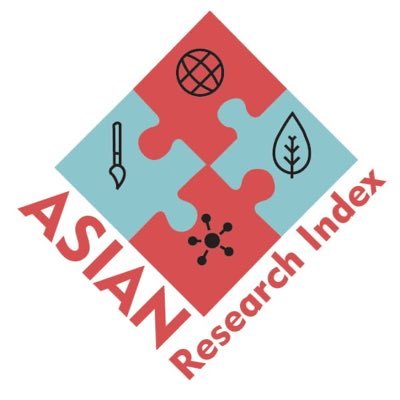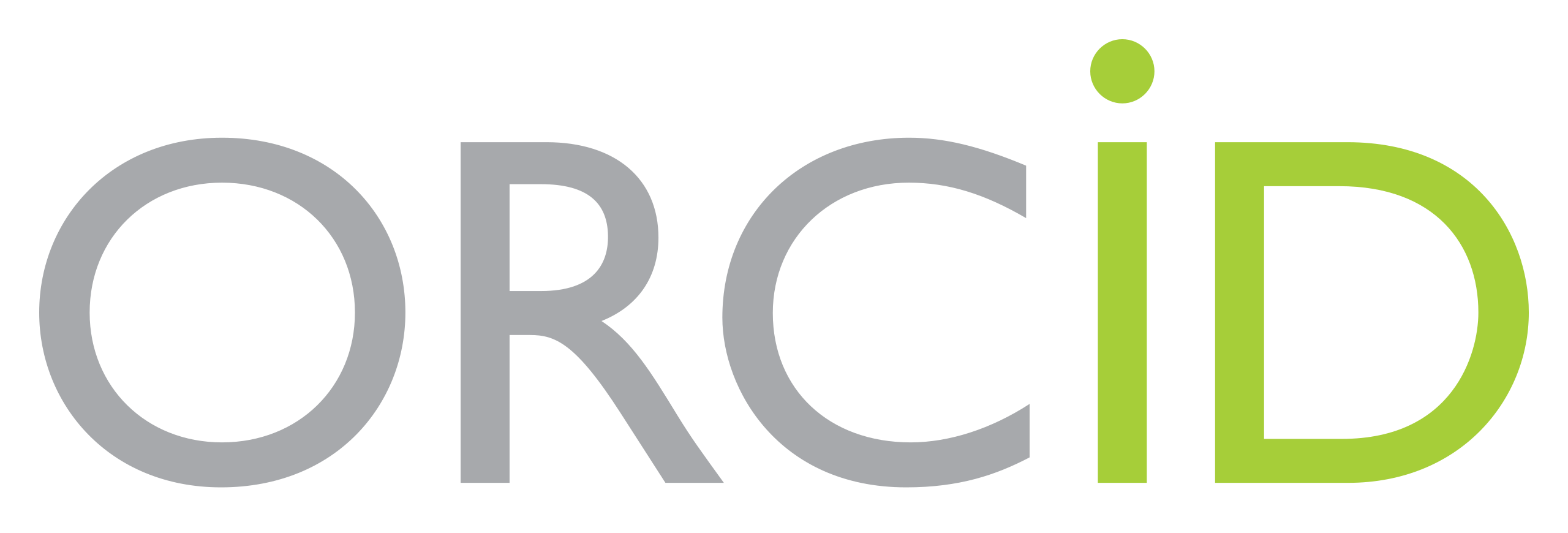ISSN (Print): 2791-0784
ISSN (Online): 2791-0792
In the wake of fundamental improvements being introduced in the system of Higher Education in Pakistan, the credit, respect, recognition of research and scholarly publications, career development, and financial gains are now linked with such original works accomplished without replicating the efforts of other researchers. It has therefore become necessary that the menace of plagiarism is highlighted and curbed through exemplary punitive actions. On the other hand, we must also guard against bogus or false complaints in order to prevent victimization which may make researchers and scholars shy away from research simply because of the fear of prosecution. A Plagiarism Policy has therefore become necessary to create awareness, define various forms in which Plagiarism exhibits itself, present a methodology of investigation, cater for punitive action proportional to the extent of the offense, and even address the issue of false or spurious complaints. HEC has comprehensively defined plagiarism in its ‘Plagiarism Policy’. The excerpt of the said HEC policy is reproduced as under:
“According to Oxford Dictionary, plagiarism is defined as ‘taking and using the thoughts, writings, and inventions of another person as one’s own”. This, or various similar definitions found in recognized publications/documents, are very broad and can be used to create awareness about Plagiarism but are not practical enough to apply in order to ascertain guilt or innocence in specific cases. In order to establish the violation of ethical norms, or academic or intellectual dishonesty resulting from Plagiarism and to take punitive actions in this regard, it is necessary that the variety of forms in which Plagiarism manifests itself are known. These include but are not limited to the following:
a. Copying or purposely paraphrasing portions of another author’s paper or unpublished report without citing the exact reference.
b. Copying elements of another author’s paper, such as equations or illustrations that are not common knowledge, or copying or purposely paraphrasing sentences without citing the source.
c. Copying portions of another author’s paper or from reports by citing but not clearly
differentiating what text has been copied (e.g. not applying quotation marks correctly) and /or not citing the source correctly.
d. The unacknowledged use of computer programs, mathematical / computer models/algorithms, computer software in all forms, macros, spreadsheets, web pages, databases, mathematical deviations and calculations, designs/models/displays of any sort, diagrams, graphs, tables, drawings, works of art of any sort, fine art pieces or artifacts, digital images, computer-aided design drawings, GIS files, photographs, maps, music/composition of any sort, posters, presentations and tracing.
e. Self-plagiarism, that is, the copying or re-use of significant portions of one’s own copyrighted work without citing the original source.”
Adoption of HEC Policies
As mentioned earlier, all anti-plagiarism policies, rules, regulations, and guidelines provided by HEC shall be adopted and fully implemented university-wide in letter and spirit. HEC also issues notifications from time to time as an ongoing activity. Therefore, all such notifications shall be deliberated at the appropriate forum(s) of THJPRS for adoption/adaptation in the light of Journal structure/settings.
Turnitin
Turnitin is an internet-based plagiarism detection service, being used globally to check plagiarism. It helps students, faculty, researchers, etc. to determine a similarity index of the submitted documents. HEC is incessantly advising to use Turnitin for checking plagiarism in assignments, papers, reports, etc. THJPRS has already been making use of this extremely useful plagiarism detection software and shall continue to use this software in an official capacity.
Anti-Plagiarism Code of Conduct
The students/Researchers are expected to:
• Ensure the observance of the universal moral principles of research
• Abide by all THJPRS & HEC research policies, rules, regulations, and guidelines, etc.
• Follow local and international applicable research policies and established practices
• Avoid immoral research practices
• Apply suitable and relevant research methods
• Conclude on the basis of critical analysis of the evidence
• Report completely and correctly, the findings of a research
• Keep clear, complete, and accurate records of all research
• Acknowledge the individuals who made contributions to the research
• Obtain informed consent from the respondents/unit of analysis, for example, surveys in case of Social
Sciences, a declaration to the respondents/unit of analysis on the assurance of confidentiality and
right to withdraw from the study at any time prior to data collection
• Keep privacy/secrecy when reviewing others’ work, and
• Avoid plagiarism of all nature
Duty to Report
All THJPRS community members have the implicit duty to report to the authorities concerned, in good faith and without fear, any suspected research misconduct like fabrication, falsification, plagiarism, etc., and/ or any incident where known facts indicate a possibility of a code or policy violation.
ISSN (Print): 2791-0784
ISSN (Online): 2791-0792





![]()



